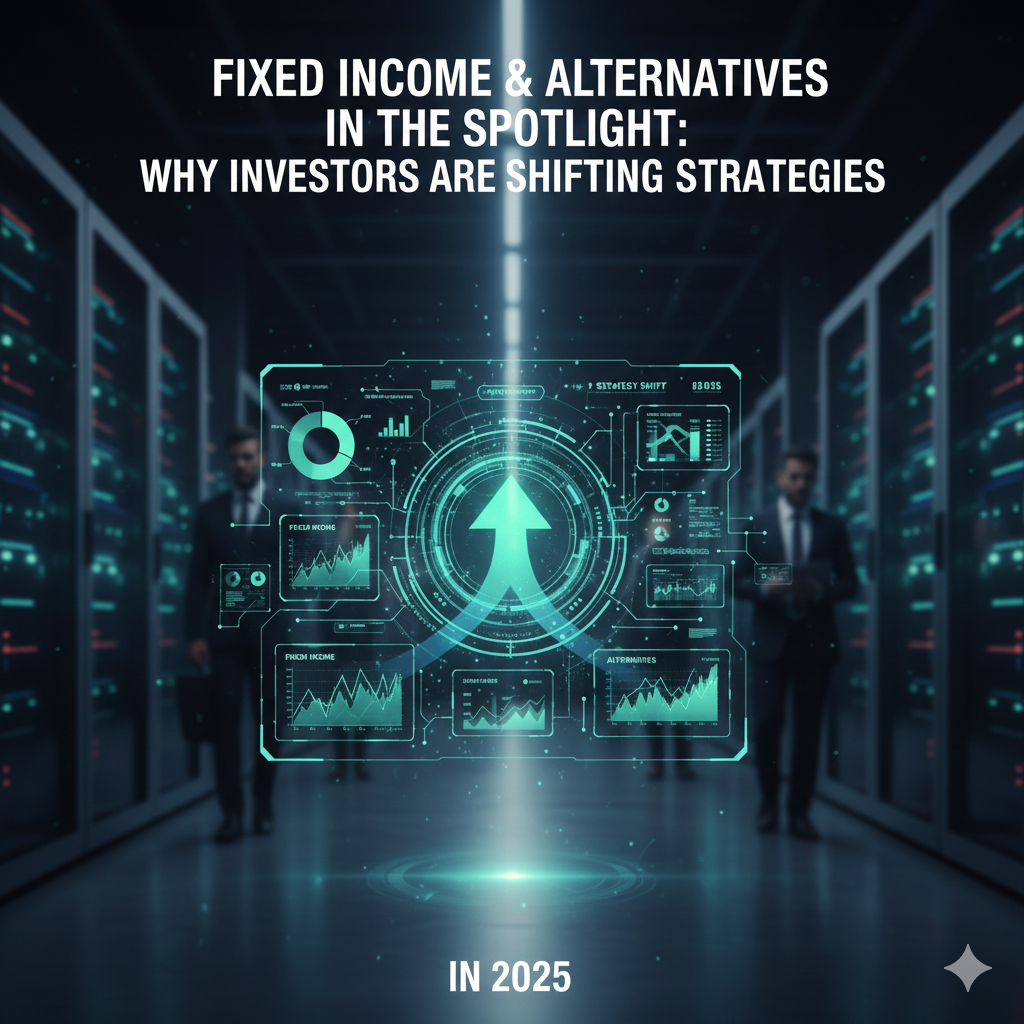The combination of blockchain technology with artificial intelligence (AI) is transforming research and industry environments. Transparency—knowing how AI systems make decisions—is one of the biggest obstacles to AI adoption. Blockchain’s immutable, decentralized ledger provides a solution by recording AI processes in a verifiable, unchangeable way.
Academic research increasingly focuses on AI-blockchain integration to strengthen transparency, accountability, and trust in critical applications such as banking, healthcare, supply chain, and governance. This article examines recent research, real-world applications, and business implications.
The Need for AI-Blockchain Transparency
- AI’s Black-Box Issue: Deep learning models often operate as “black boxes,” raising challenges regarding:
- Fairness and bias
- Accountability for decisions
- Security and Trust Issues: Blockchain enables a transparent audit trail that stakeholders can verify without altering underlying processes.
- Adherence to Ethics and Regulations: Explainable AI (XAI) is increasingly demanded by governments and regulatory agencies. Blockchain integration helps demonstrate ethical and transparent practices.
How Blockchain and AI Interact
- Training Decentralized AI Models: Blockchain preserves data privacy through encrypted transactions while supporting collaborative AI training.
- Immutable Audit Trails: Stores AI model updates, training datasets, and forecasts to ensure verifiable transparency.
- Smart Contract Governance: Automates rules for AI use, data exchange, and outcome validation.
- Data Integrity and Provenance: Confirms ownership, origin, and integrity of AI data to reduce bias and fraud.
- Blockchain-Based AI Analytics: AI algorithms analyze blockchain data to optimize processes, detect fraud, and improve predictive analytics.
Recent Developments in Research
- Blockchain-based Explainable AI: Researchers are building XAI frameworks on blockchain to track AI decision processes for auditors and regulators.
- Blockchain and Federated Learning: Enables training AI across distributed datasets securely without centralizing sensitive data.
- Smart Contracts for AI Governance: Protocols regulate ethical use, access, and compliance for AI applications.
- Transparency in Supply Chains: AI predictions and decisions are recorded on blockchain, improving efficiency, fraud detection, and traceability.






